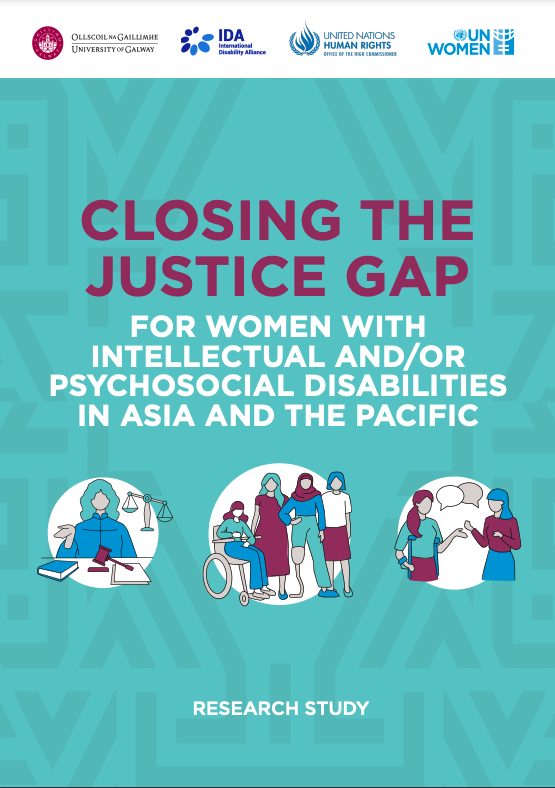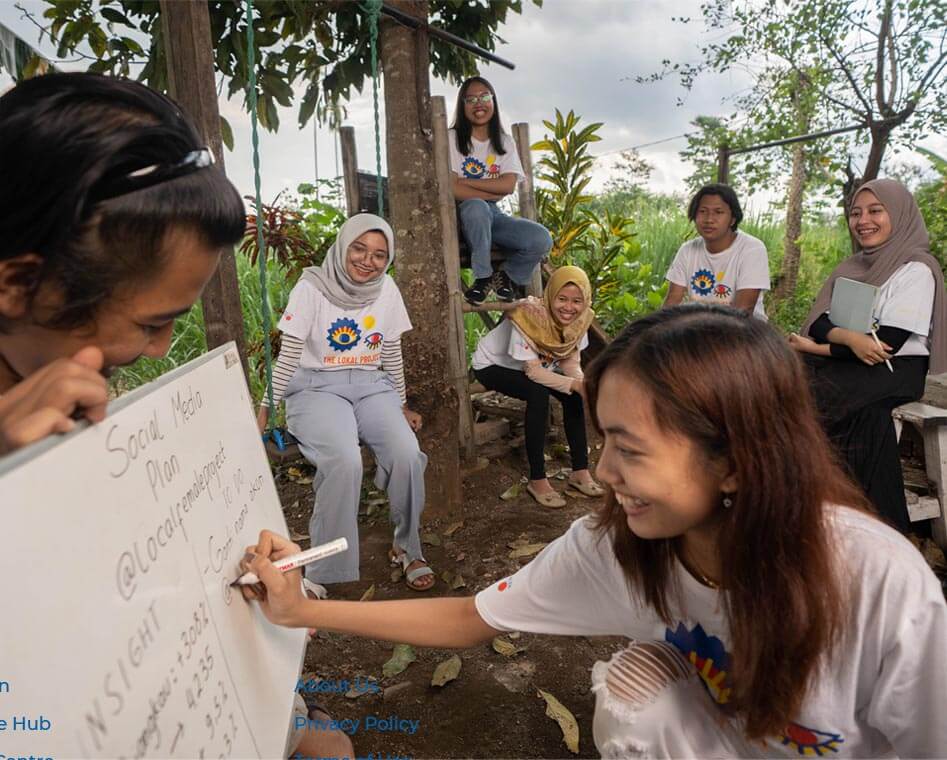
Closing the Justice Gap for Women with Intellectual and/or Psychosocial Disabilities in Asia and the Pacific
Publication Date: October 21, 2023
Total Pages: 116
Organization: UN Women
Languages: English
Country/Region: Asia Pacific
Topic Area: Gender equality and women’s empowerment
Year: 2023
Resource Type: Research
Abstract
There is a justice gap faced by women with intellectual and/or psychosocial disabilities in the Asia-Pacific region. Despite guarantees in domestic legal frameworks and the obligations contained within the United Nations (UN) Convention on the Rights of Persons with Disabilities (CRPD) and the UN Convention on the Elimination of All Forms of Discrimination against Women (CEDAW), there remain significant barriers
to women with intellectual and/or psychosocial disabilities accessing justice. Among other examples, these women are denied respect for their legal decision-making, formally (e.g. through guardianship) or informally (e.g. through family members making decisions for them), face entrenched stigmatization and stereotyping that dehumanizes them, and endure a lack of rights knowledge among both duty bearers
and rights holders.
On this basis, the research team was commissioned by the United Nations Entity for Gender Equality and the Empowerment of Women (UN Women) to conduct a legal needs survey of women with intellectual and/or psychosocial disabilities in the Asia-Pacific region. The research team used a methodology adapted from well-established empirical tools developed by the Organization for Economic Co-operation and Development (OECD) to understand legal needs and access to justice. To adapt the methodology to meet the particular needs of the target cohort, the research team worked in partnership with organizations of persons with disabilities (OPDs) and self-advocates in the Asia-Pacific region.
The aim of the legal needs survey conducted was to develop an evidence base that provides information for policymakers, researchers, justice actors, members of civil society, and others to better understand the everyday legal problems and justice experiences of women with intellectual and/or psychosocial
disabilities in Asia and the Pacific. Prior to this research, such evidence was largely lacking in the region. The evidence base created with this research provided findings from which the research team worked with in-country partners to create recommendations for reform that constitute a sustainable platform for achieving justice goals for women with intellectual and/or psychosocial disabilities in Asia and the Pacific.

